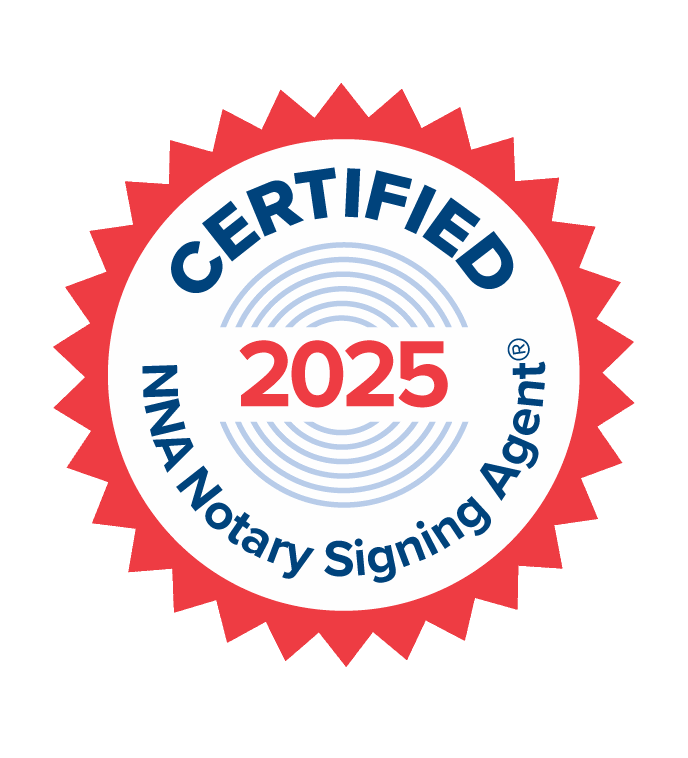How to Prepare for Your Notary Appointment: A Step-by-Step Guide
Understanding the Basics of Notary Appointments
Preparing for a notary appointment can seem daunting, but with a little organization, the process can be straightforward and stress-free. A notary public is an official authorized to witness the signing of important documents, administer oaths, and deter fraud. Knowing what to expect and how to prepare will ensure your appointment goes smoothly.
Before your appointment, it's essential to understand the role of a notary and the types of documents they can notarize. Common documents include affidavits, powers of attorney, wills, and real estate deeds. Familiarizing yourself with these can help you determine what you need to bring to your appointment.

Gathering Necessary Documents
The first step in preparing for your notary appointment is to gather all necessary documents. Ensure that you have the original documents that need to be notarized, as well as any copies that might be required. It's also a good idea to make a list of all the documents you need to bring so nothing is forgotten.
In addition to the documents themselves, you will need to bring a valid form of identification. Acceptable IDs typically include a driver's license, passport, or state-issued ID card. Make sure your ID is current and not expired, as an expired ID will not be accepted.
Preparing Your Documents
Once you have gathered all necessary documents, the next step is to prepare them for notarization. This means ensuring that all documents are complete and filled out correctly. Do not sign the documents beforehand; the notary must witness your signature to validate it.
Review your documents for any errors or missing information. If you are unsure about how to fill out a particular section, consult with the notary or the entity requesting the notarized document. Proper preparation will save time and prevent delays during your appointment.

Scheduling Your Appointment
After your documents are prepared, it's time to schedule your notary appointment. Many notaries offer flexible scheduling options, including in-person, online, and mobile services. Choose the option that best suits your needs and availability.
When scheduling your appointment, confirm the notary's fees and payment methods. Notary fees can vary, so it's important to know the cost upfront. Some notaries may accept cash, checks, or electronic payments, so be sure to ask about payment options.
What to Expect During the Appointment
On the day of your appointment, arrive on time and bring all required documents and identification. The notary will verify your identity, review your documents, and witness your signature. This process typically takes only a few minutes per document.
Be prepared to answer any questions the notary may have about your documents. If any issues arise, the notary will guide you on how to resolve them. Once the documents are notarized, you will receive a stamped and signed copy for your records.

After the Appointment
After your notary appointment, make sure to store your notarized documents in a safe place. These documents are now legally binding and may be required for future reference. If you need to submit the documents to a third party, ensure you follow their submission guidelines.
It's also a good idea to keep a record of the notary's contact information in case you need additional services in the future. Building a relationship with a reliable notary can be beneficial for any future notarization needs.
Conclusion
Preparing for a notary appointment doesn't have to be stressful. By understanding the process, gathering and preparing your documents, and knowing what to expect, you can ensure a smooth and efficient experience. Remember to bring all necessary documents and identification, and don't hesitate to ask the notary any questions you may have. With these steps, you'll be well-prepared for your notary appointment.


